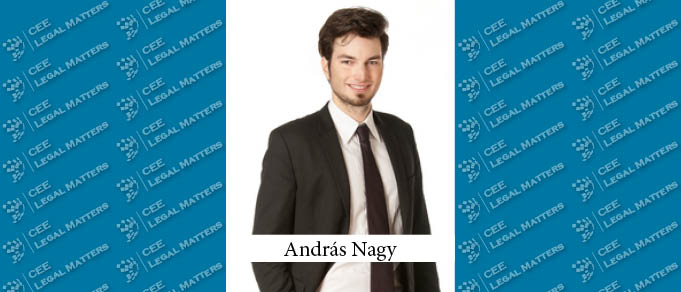The Hungarian Competition Authority (HCA) has initiated an investigation against TikTok, the popular social media platform. TikTok's capacity to generate vast amounts of consumer data and shower its users with ads has already sounded several alarm bells as regulators attempt to make sense of the phenomena that is digitalisation. The HCA took the initiative to scrutinise the platform with a focus on consumer protection.
The overarching theme of the Hungarian investigation is TikTok's potential failure to adequately inform consumers regarding its functioning and policies, most notably the data collected and the ways TikTok later utilises this data. In addition, the HCA raised concerns regarding the absence of Hungarian language information and the lack of efforts to moderate the exposure of youngsters to certain ads.
The investigation fits into the framework of the HCA's digital consumer protection strategy, which has already resulted in several fascinating attempts to regulate platforms and e-commerce. The authority is especially focused on how the undertakings communicate and inform consumers regarding their business models and data-related policies. In the last years the HCA voiced concerns that even when information regarding the collection and use of consumer data is technically available, the terms and conditions are often highly complex, therefore the underlying risks remain obscure. Paired with encouraging messaging and marketing, which distracts consumers from inherent risks in online services, this behavior may qualify as unlawful under Hungarian law and result in a fine.
If the HCA's recent approach serves as a guide, TikTok is facing a long and detailed review of its practices where significant commitments or severe sanctions cannot be excluded. There were many HCA cases to support this statement. We give a brief reminder of two of the most interesting below.
In 2018, the HCA closed an investigation against Google and its messenger service. The authority took the view that Google failed to ensure that consumers have a proper understanding of how their data is treated by the tech giant and therefore cannot make an informed decision regarding the nature and costs of the service. Google presented the HCA with a comprehensive commitment package, undertaking several measures to inform consumers regarding the collection and use of their data. After a two-year investigation Google escaped sanctioning with this cooperative approach.
Academic Singles
A few months ago, the HCA closed an investigation against the dating site Academic Singles. The authority established that the dating site misled consumers regarding the necessity to pay for services, the subscription options and the cancellation policies. The communication of the dating site was confusing and lacked transparency, which resulted in several consumer complaints. As a result, besides a EUR 4,5 million fine, the HCA obliged the undertaking to amend its practices fundamentally. Academic Singles had to send a correction notice to all its present and former customers and publish the operative part of the decision on its homepage.
Other targets
In addition to the above, the HCA has closed several investigations into e-commerce. Notably, it has imposed significant fines on online retailers for not communicating diligently on the conditions of their campaigns (e.g. Black Friday sales). The authority has also fined booking.com for using consumer psychology against its consumers and failing to present payment options comprehensively. In February the HCA has also initiated an investigation against Viber, the popular messenger service. In this endeavor the authority aims to establish whether the statements "free and secure" are indeed merited considering Viber's policies.
What to expect?
The HCA imagines the average consumer as a highly exposed individual with no means to obtain a complex overview of the implications of certain digital services. It also sees unfair competition / consumer protection as tools adequate to deal with some of the unprecedented challenges digitalisation brings. The authority undoubtedly expects a high level of transparency from undertakings participating in this transformation and urges markets to devote more resources to consumer welfare for a healthier data economy.
Considering the swift dynamics of these markets, the HCA will likely continue asserting its digital consumer protection goals in the foreseeable future.
By Andras Nagy, Attorney at Law, Schoenherr



